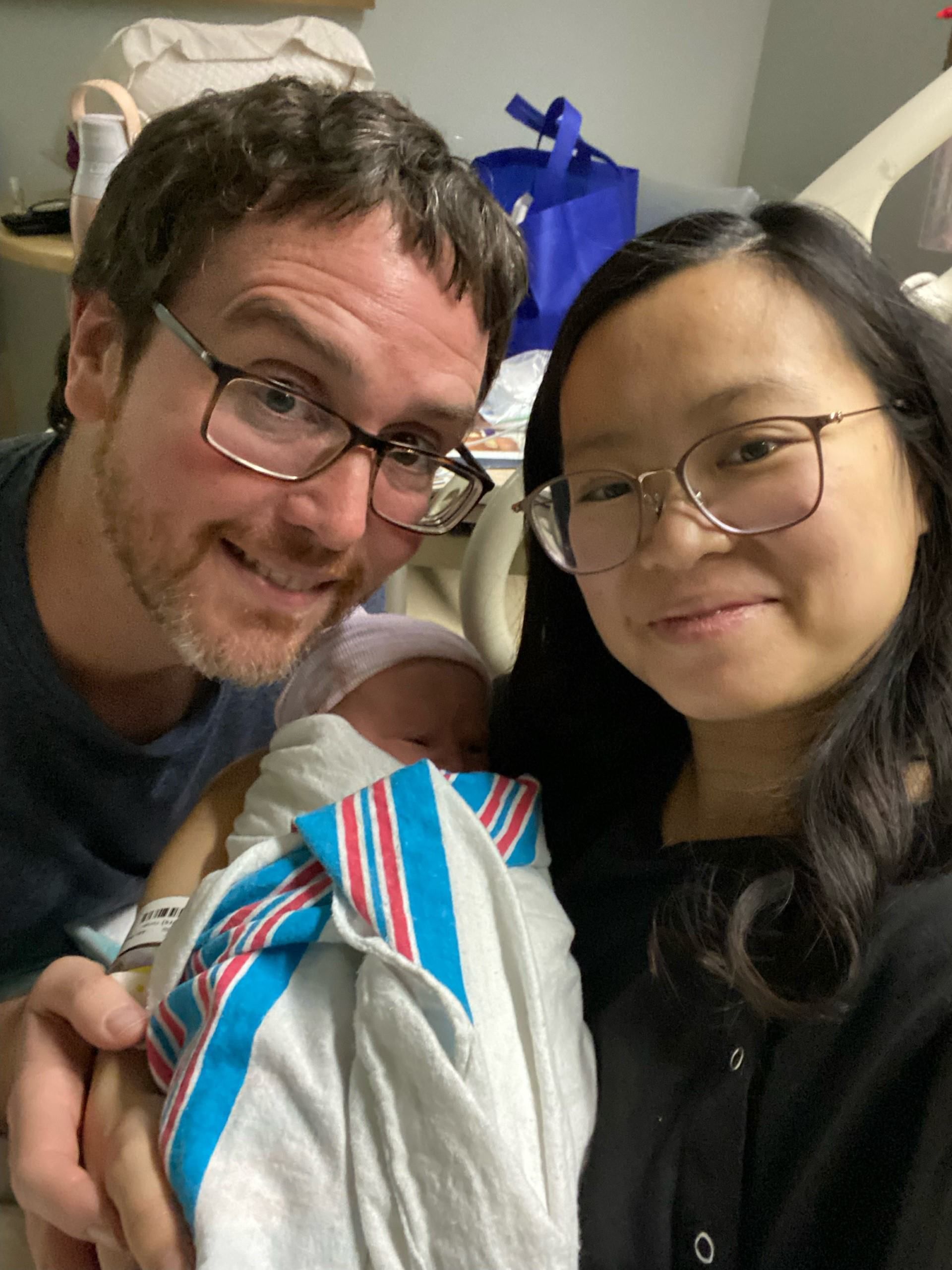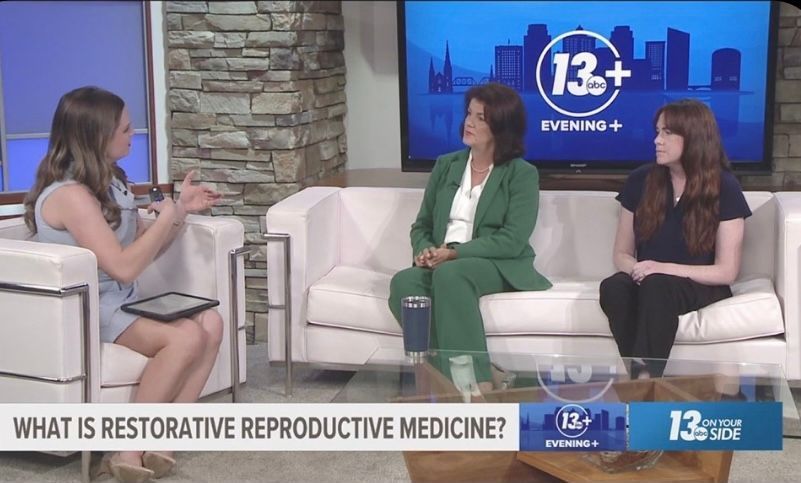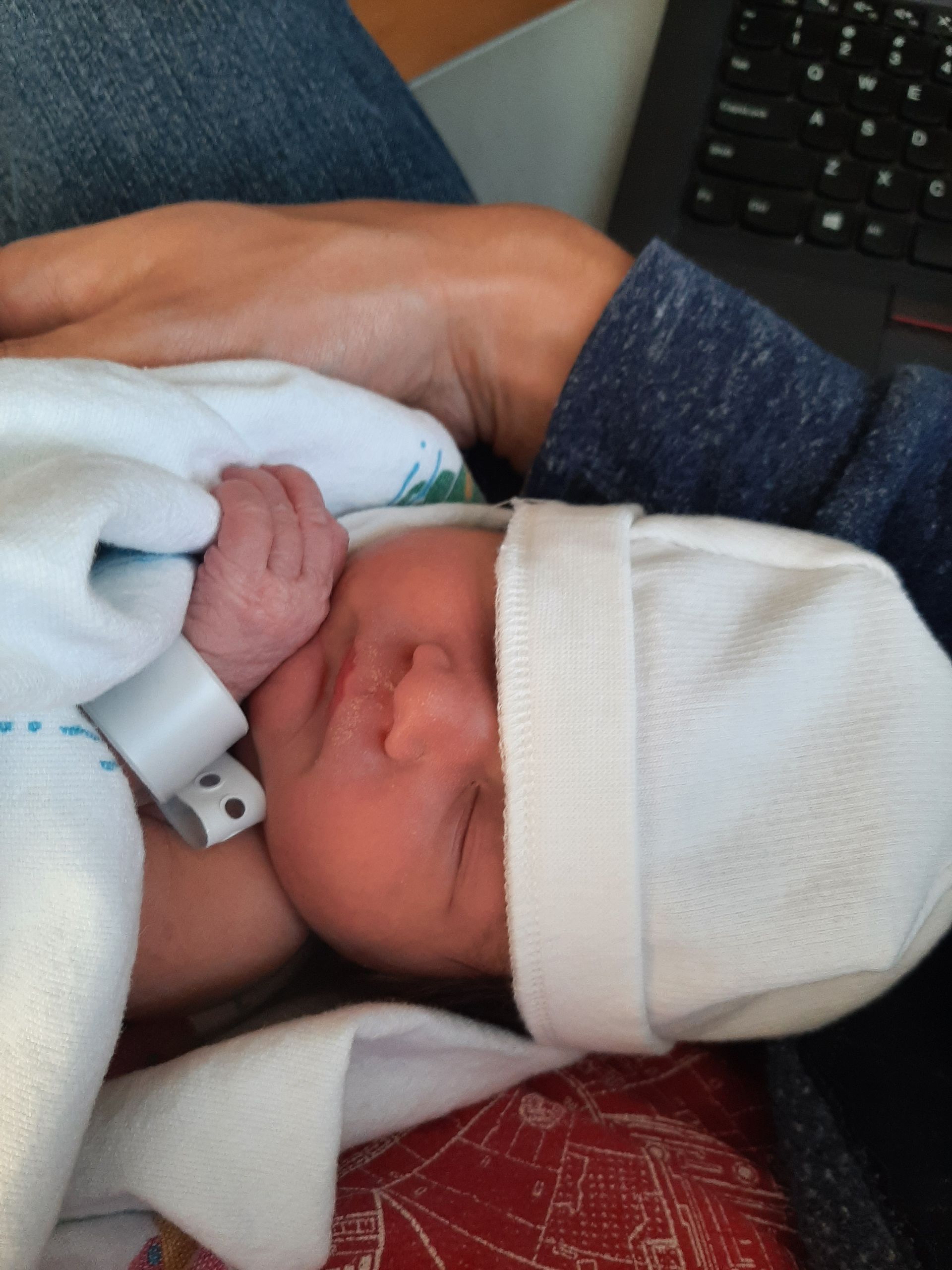Do you experience more acne than most women your age, extra weight in your belly, unwanted hair growth or irregular periods? If so, you may be suffering from a condition called Polycystic Ovarian Syndrome (PCOS).
PCOS is a gynecological issue that affects one in 10 women. Symptoms include unwanted excess hair growth, weight gain, painful acne, and metabolic problems. Women with PCOS often have longer cycles than average (35 days or more) due to delayed ovulation. Sometimes, women with PCOS do not ovulate at all for many months. Others may have regular bleeding but no actual ovulation (anovulatory cycles). Women with PCOS often have difficulty getting pregnant, and have more pregnancy complications such as miscarriage and gestational diabetes. They are also at higher risk to develop diabetes and heart disease later in life.
The symptoms of PCOS are commonly treated with combined hormonal pills (birth control pills). This may improve symptoms like acne and hair growth, but because the pills block ovulation, women taking them may have no idea what is going on with their underlying conditions. Ultimately, hormonal pills cannot cure the problem, and they do not reduce the risk of chronic diseases in pregnancy and later in life.
At Reply, we take a different approach. Our primary goal is to help women optimize their health as much as possible. For example, even a small weight loss (10-15 pounds) can significantly improve hormone balance in some women with PCOS. Rather than prescribe hormonal pills as the first line of treatment for PCOS, we recommend treatments that promote underlying health and fertility. This might include medical treatments and/or working on lifestyle factors like diet and exercise.
As part of our care, we work to understand each patient as an individual. PCOS manifests differently in different women. This is important as every woman has a unique body and a unique cycle. Often, we target treatments to certain days during a patient’s cycle. In order to do so, the patient must be tracking her cycle. At Reply we teach fertility awareness tracking to patients who are not already able to do this. This way, women are partners with their providers in their care, and are equipped with a health tool that can serve them in many ways throughout their lifetime.
If you’ve ever struggled with irregular periods or bothersome symptoms, or been prescribed the pill for management of PCOS without being able to understand your underlying health, you may be interested in the Reply approach. We are always happy to review your symptoms, cycle history, and any hormonal tests to help customize an approach that is best for you.
To schedule an appointment at Reply, call us at 919.230.2100
or visit our Become a Patient page.











